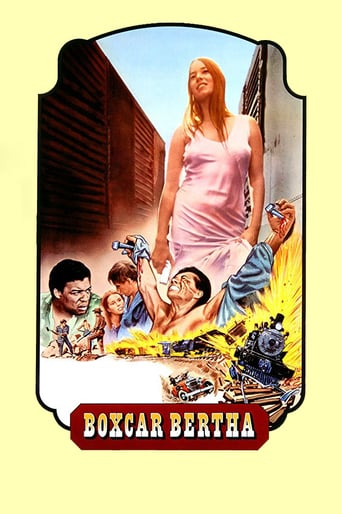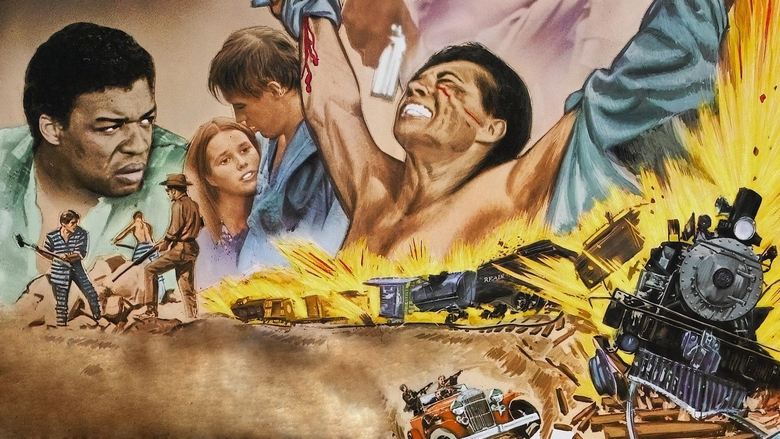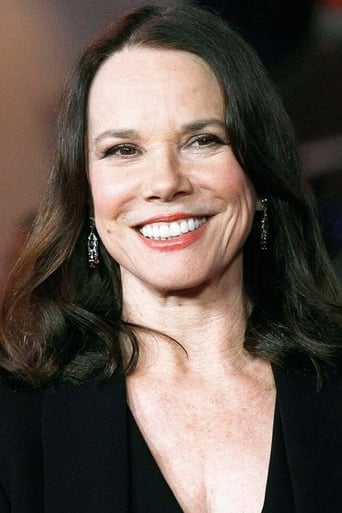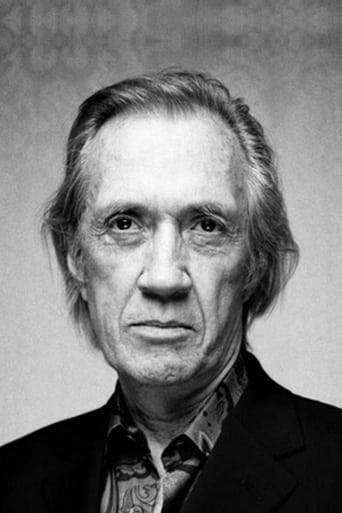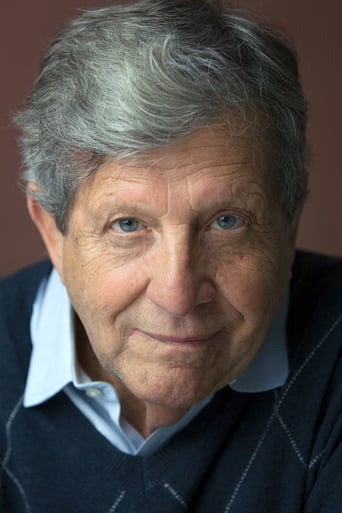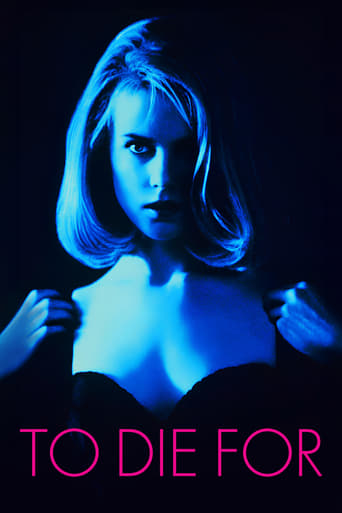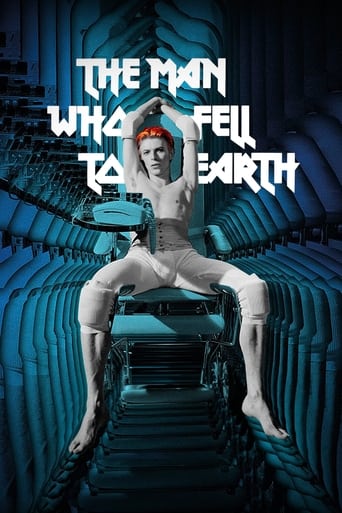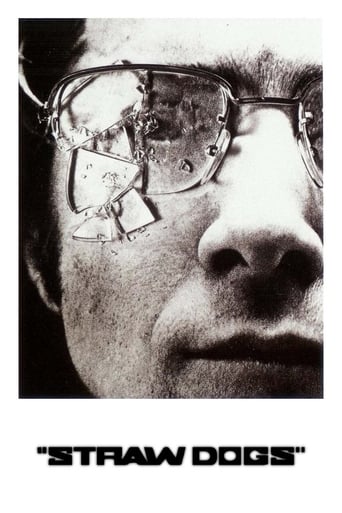Boxcar Bertha (1972)
"Boxcar" Bertha Thompson, a transient woman in Arkansas during the violence-filled Depression of the early '30s, meets up with rabble-rousing union man "Big" Bill Shelly and the two team up to fight the corrupt railroad establishment.
Watch Trailer
Free Trial Channels
Cast


Similar titles
Reviews
People are voting emotionally.
At first rather annoying in its heavy emphasis on reenactments, this movie ultimately proves fascinating, simply because the complicated, highly dramatic tale it tells still almost defies belief.
The best films of this genre always show a path and provide a takeaway for being a better person.
The story, direction, characters, and writing/dialogue is akin to taking a tranquilizer shot to the neck, but everything else was so well done.
Last year I read the words of the great Martin Scorsese about the "crucifixion" by a certain press of the movie "Mother!", one of the most different and interesting movies of 2017. Those words are a reflection of what happens in recent years in the increasingly decadent and uninteresting cinema (mostly) North American. I just saw this "boxcar bertha," Scorsese's second feature, one of three films I had not yet seen of this great filmmaker. It is a "pure" film, of great beauty, with evident (good) influences of the French "nouvelle vague". The film was made with little money and quickly, like almost all the films produced by Roger Corman. Despite this, Scorsese manages to build a beautiful and meaningful film. His personal brand is already evident in this film, anticipating its following "mean streets" and "taxi driver". It's a pity that in America movies like this, unfortunately, nowadays, they have no market anymore.
This early Martin Scorsese film is more Roger Corman exploitation than anything we'd see later on from Scorsese. It's a well-made, expertly acted rift on BONNIE & CLYDE featuring the great Barbara Hershey in the title role. Bertha is a poor country girl who gets mixed up with union leaders and con-men, bank robbery and murder. The film is a successful mixture of comedy and extreme violence with Hershey giving an excellent performance. David Carradine, Barry Primus and Bernie Casey are in the supporting cast. Primus is a standout as a yankee grifter stuck in the deep south. The film is short (under 90 minutes) and hits the ground running, rarely letting up.
I would love to say that there's a lot in "Boxcar Bertha" that foreshadows the birth of a new talent for American Cinema, that it carries many aspects that would define Scorsese's style, I would love to but I won't do that.I won't not because it's not true, Martin Scorsese's directing is the obvious highlight of the film and what elevates to a level slightly higher than all the other 70's exploitation movies, still, even admitting this would be unfair because it wouldn't take into consideration the chronological context of the film's making. 1972, we're at the pinnacle of the New Hollywood period, the same year "The Godfather" would open the door for the coming blockbusters' era, so when Scorsese made the film, he was only one among many other growing talents of his generation: Sam Peckinpah, Hal Ashby, Dennis Hopper or Arthur Penn. Speaking of Penn, the story is adapted from the autobiography of Boxcar Bertha, a folk local outlaw who was associated with a gang of train robbers in the tumultuous 'Great Depression' days. On that aspect, the film immediately reminds of the much more acclaimed "Bonnie and Clyde", a landmark in the portrayal of modern violence in Cinema. At least Scorsese's second feature film is just the proof that his talent could match more experimented directors, but as far as directing, editing, and bold depiction of sex and violence were concerned, it was nothing new, not even for that time. However, it does have a little something that is waiting to explode, and that will, one year later, with Marty's first masterpiece "Mean Streets". So whatever superlatives can't be said about "Boxcar Bertha", they definitely apply to "Mean Streets". But let's get back to "Boxcar Bertha" since this is what the review is about. The little something I was mentioning was a soul inside the characters, they're not here to appeal to us, but we're supposed to understand the soul behind the actions. They're all outlaws but for once, no one seems to lead the gang, and they're all following what seem to be impulses, pride, love and loyalty, with a romance in the core. Bertha is a young, sweet and innocent girl who discovered love at the same time as violence when her father accidentally dies in a plane accident caused by his boss' stubbornness. And she falls in love with Big Bill Shelley, David Carradine, an idealistic union leader, labeled as a Bolshevik by the railroad baron, Buckram Sartoris, played by no one else than Carradine Sr., John.What follows is the expression of a necessary refusal for subordination in a society dictated by dangerous and heartless rules. Bill and his friend, a black worker named Von Morton, played by Bernie Casey engage in a fight that sets the overall mood of the film, and Bertha's rebellious conscience. Barbara Hershey gives an incredible sweetness to a character that follows her heart, through Bill. She meets in her route; a Yankee rookie named Rake Brown, played by the blue-eyed Barry Primus. Bertha helps him to improve his accent to make it in the hostile South. The man seems to have a certain talent for making enemies and a strange reluctance for fighting, so the inevitable happens. After an accidental shooting where he's saved by the sweet Bertha, they join Bill and Von. The gang is finally constituted.They rob trains, they are criminals but they don't see themselves so, because they're against a dictatorial management that happens to be the real criminal, incarnated by the faces of the two McYvers, killers hired to arrest the gang. Victor Argo and Davis Osterhout with his scary Hitler-like mustache are the kinds of faces that are impossible to root for. But the film doesn't manipulate us into this or these feelings, Scorsese's directing has a way to portray the Great Depression as a moment in American History where the country lost all its boundaries, and when life was also a matter of survival and dignity, so, the line between crime and law, was sometimes imperceptible. And in the South, when the arm of the law could be very loose with the use of shotgun, we know, we're less invited to feel empathetic toward characters but just to follow their journey into a twisted world, where even being a whore was normal. No room for morality, yet, there is something in the heart of Boxcar Bertha that makes us feel for her, maybe it's her loyalty, her devotion to her love, and her ability to transcend the frontiers of the Law, just by love. But it's something more, it's a devouring passion that accepts all the sins of the word for principles, for a sort of cause that goes beyond rational. Bertha doesn't just give her heart, she also gives her flesh, her soul, her beautiful body, so shamelessly depicted by Scorsese's directing. And sometimes, we wonder through the film if this railroad that drives all the narrative will also be a railroad to redemption. "Boxcar Bertha" contains all the philosophical and personal material Marty would express in his filmography, but I guess all it needed was the setting: New York City and more expression of his own tormented soul, the reservoir of his creativity.I like to see "Boxcar Bertha" as the film with which Marty made his bones, tracing a clever parallel between the Great Depression and the gritty Nixon-era years, when disillusions, frustrations was the daily bread of some souls in quest of a meaning in their lives. Bertha incarnates somewhat the purity of a soul that didn't choose her fate, but made the best she could, according to what she believed in. That's the real passion and this is the film that allowed Marty to grow some confidence about his talent, and enrich American Cinema with his own passion.
In only his second feature as a director, Martin Scorsese showed tremendous promise in his style and skill with a camera, yet Boxcar Bertha feels very thrown together at the screenplay level. Perhaps it is because producer Roger Corman was looking for a simple, straightforward exploitation film complete with some gratuitous kill shots, some conventional nudity and sex to boot.Regardless of all this, it is surprising to see one of the great directors of all time starting out slowly and methodically in learning his way around a film set. After seeing his first two features, this and Who's That Knocking at My Door, I am amazed at Scorsese's ability to control and direct the story despite there being various scenes that have little or nothing to pertain with the overall story arc. Nevertheless, the film resides in history simply as a tale of a Depression-era group of homeless people who begin robbing trains to make ends meet. By this point, Bonnie and Clyde is ripped off and eventually the story lapses into a simple matter of the guys with the bigger guns winning.All in all, the film is less than memorable. Yet, since we know what Scorsese would become, it is important to see where he came from. It makes his masterpieces look that much more impressive.

